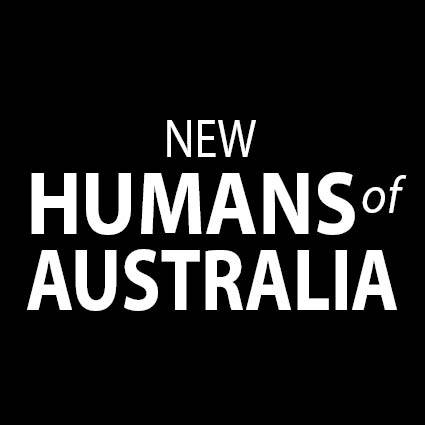I come from a long line of politically active family members who were active socialists in Chile in the 1970s. So when the coup led by Pinochet occurred, it was inevitable my family was going to be targeted. My uncle was arrested and tortured, then disappeared. And my mother, a young teenager, was followed by the secret police, who psychologically tortured her by telling her they were going to rape her and kill her brother.
Later, she became a nurse and provided nursing care to political prisoners, where is where she met my father, and they fell in love and got married. At this time, harassment in the form of death threats from the secret police started again.
A year later, they had me. When the secret police started saying, ‘We are going to come kill you and your son’, that’s when things got out of hand and Mum started thinking about emigrating. An Australian catholic priest who had a parish around the corner mentioned he could arrange for her to meet the Australian ambassador, as long as she did not mention her political leanings.
We were approved to go to Australia, but it took the Chilean government two years before they allowed my father to leave, and by that time my sister had been born.
I still remember the humid smell of Australia hitting me in the face as I walked off the plane as a child. To me, it’s still quintessentially the smell of Australia.
My parents were practically separated by the time they were leaving Chile, as my father was abusive to all of us. Soon after, my parents went their separate ways. For 6 moths, we lived in the Villawood hostel, now the Villawood Detention centre. I went to Old Guildford Primary School and my mum took English lessons at TAFE.
When I was 7, my mother met my stepfather, who is also Chilean. We didn’t have a very good relationship, partly because I am gay. But now as an adult I have to remind myself he was a broken man. All these men were destroyed by torture and weren’t given the tools to adequately process that.
Growing up gay in the Western suburbs of Sydney in the 1990s with refugee parents who were noticeably different and had suffered a lot through torture and dispossession made life difficult.
I was an angry teenager, and then when I got to university, I felt I was moving through a privileged world that wasn’t for me. But then I thought, ‘Well I’m going to make this world mine’. I ended up doing two degrees – the first in Archaeology and Classics, and the second in Law.
I am eternally grateful for the risks my parents took and the sacrifices they made to give us the best life they could, and also for the opportunities Australia has given me. I was able to study two degrees in a fine institution which I wouldn’t have had access to back in Chile. Now, my mother is a nurse, my sister is a psychologist who works with newly arrived refugee torture victims, and I work with the NSW Department of Justice providing advice to agencies such as corrective services and juvenile justice and making sure the government, as much as we can, make good decisions about policy in those spaces.
I am passionate about showing that my family and I came here as refugees and that we are all giving back to this wonderful society in different ways.
Pablo
Chile
Arrived 1989
Photographer: Kurt Tilse www.instagram.com/kjtilse
This month, we are bringing you a series of stories commissioned by TransferWise for their incredible Faces of Australia campaign, celebrating the contributions of migrants to Australia. Find out more about this exciting project here: https://transferwise.com/community/facesofaustralia
#refugee #refugeescontribute #migrant #migration #Chile #Australia #givingback #inspiration #storiesnotstereotypes #TransferWise #moneywithoutborders #facesofaustralia

